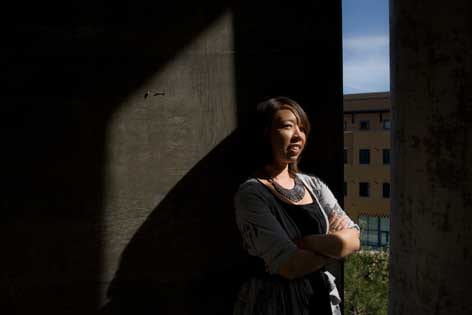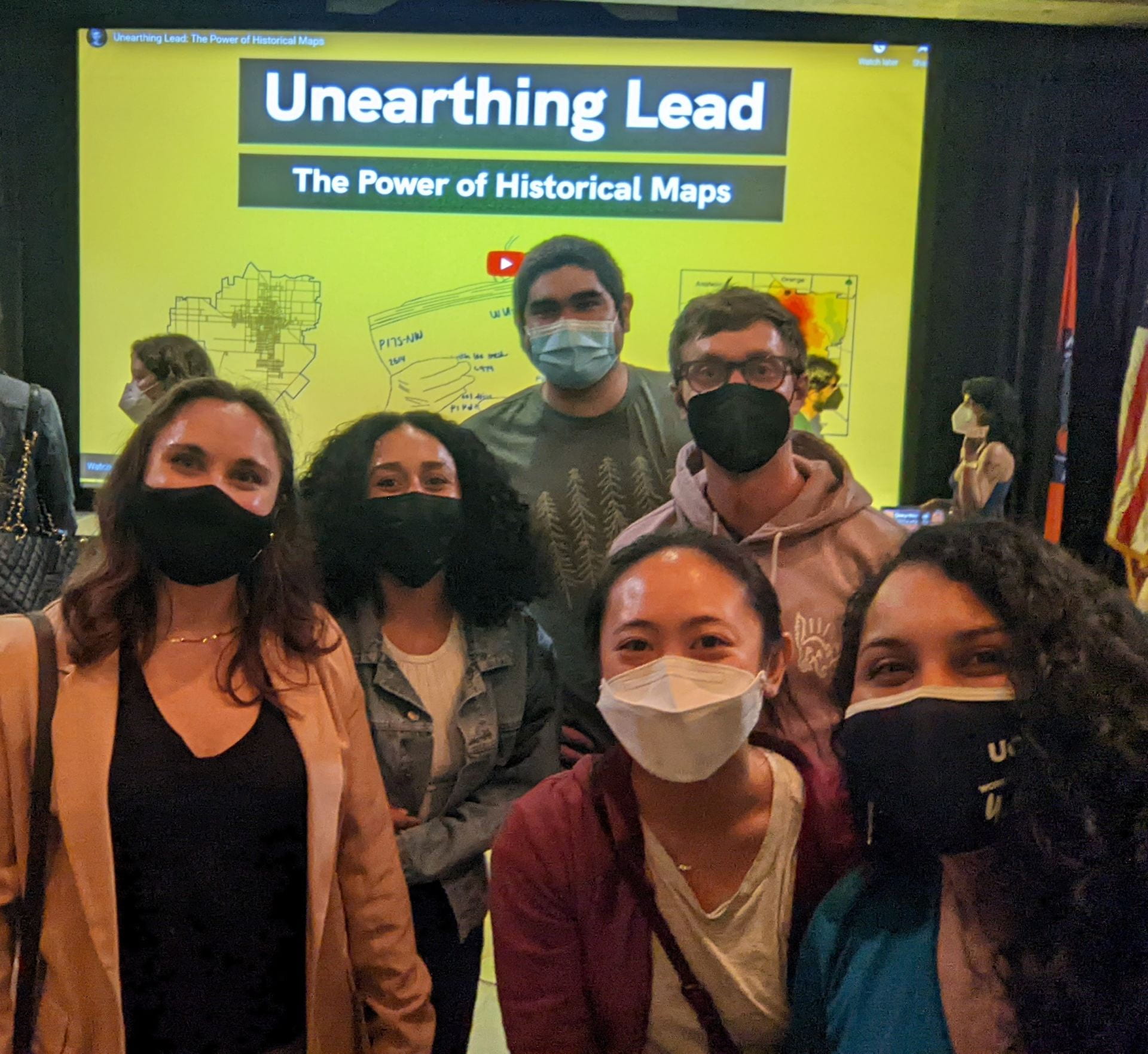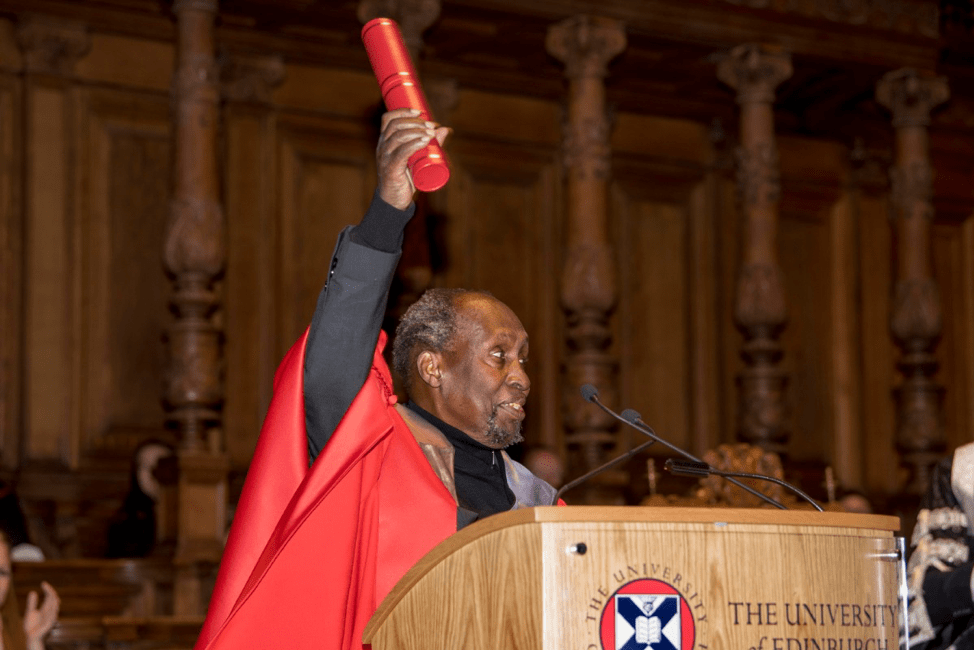A journalist's journey
Award-winning reporter Erika Hayasaki trains a new generation of writers at UCI.

Behind news headlines are the people who lived them. For more than a decade, Erika Hayasaki’s job was to find those people and tell their stories.
As a reporter for the Los Angeles Times, Hayasaki gave a voice to survivors of the Virginia Tech shootings, a Muslim lesbian and children left behind by incarcerated parents. Her work centered on cultural conflict and the uneasy transition from adolescence to adulthood.
Now a UC Irvine assistant professor of English who teaches literary journalism, Hayasaki hopes to inspire students to seek out stories that bring humanity to the headlines.
Literary journalism reporting employs fiction-writing techniques such as narrative structure and descriptive prose. Well-known writers in the genre include Norman Mailer and Joan Didion.
“Readers want to feel emotionally connected to people they read about in feature stories,” says Hayasaki, who joined UCI’s faculty in September. “Finding those universal experiences is the soul of literary journalism.”
One of her students recently captured the touching bond between humans and animals during a local blessing of pets, a Catholic tradition in which a priest says prayers for them. Another wrote about a middle-class college student visiting the financial aid office for the first time to illustrate the toll of the economic downturn.
Key to the process is interviewing subjects who can bring social or political issues to life. “Getting over the fear of talking to people is essential to being a journalist,” Hayasaki says. “It’s a weird profession at times, and you have to be willing to put yourself out there and not be afraid of looking silly.”
Barry Siegel, director of the literary journalism program and a Pulitzer Prize-winning writer himself, says Hayasaki’s reporting background makes her a role model for students.
“She sees compelling narratives in events and situations that other journalists often don’t recognize as stories at all,” Siegel says. “In her articles for the Los Angeles Times, she combined indefatigable reporting with subtle, graceful writing. There is something fresh and singular about every Hayasaki piece.”
The American Society of Newspaper Editors and the American Association of Sunday and Feature Editors have recognized Hayasaki’s work, and twice she has been a finalist for the Livingston Award, which honors prominent journalists under 35.
The writing bug bit Hayasaki early. She was born in Illinois, her parents a renowned men’s gymnastics coach and a voting rights activist and journalist featured in an HBO documentary. “I knew at 14 that I was going to be a journalist,” she says, “partly because of my experience as one of the only Asians in my small town.” Feeling like an outsider, Hayasaki found an emotional outlet in writing.
In her early teens, Hayasaki relocated to Washington, where she attended high school and landed a reporting gig at a youth newspaper published by The Seattle Times.
The internship allowed her to interview politicians, athletes and hip-hop stars. Soon she was writing more in-depth pieces about the struggles of Washington’s migrant farm laborers and the death of a close friend at the hands of a jealous boyfriend.
After studying journalism at the University of Illinois, Hayasaki continued her reporting career at The Tampa (Fla.) Tribune, Seattle Post-Intelligencer and, finally, the Los Angeles Times. She freelances for national magazines and is writing a book based on her Times article about a college professor who takes students to morgues, hospices and state prisons as part of a course called “Death in Perspective.”
Hayasaki realizes that Internet popularity and the recession have been tough on newspapers and magazines. But she thinks there will always be a place for good writing.
“Literary journalism is so specific. Very few people really do it well,” she says. “Jobs will open up to students who are passionate, determined and talented.”

